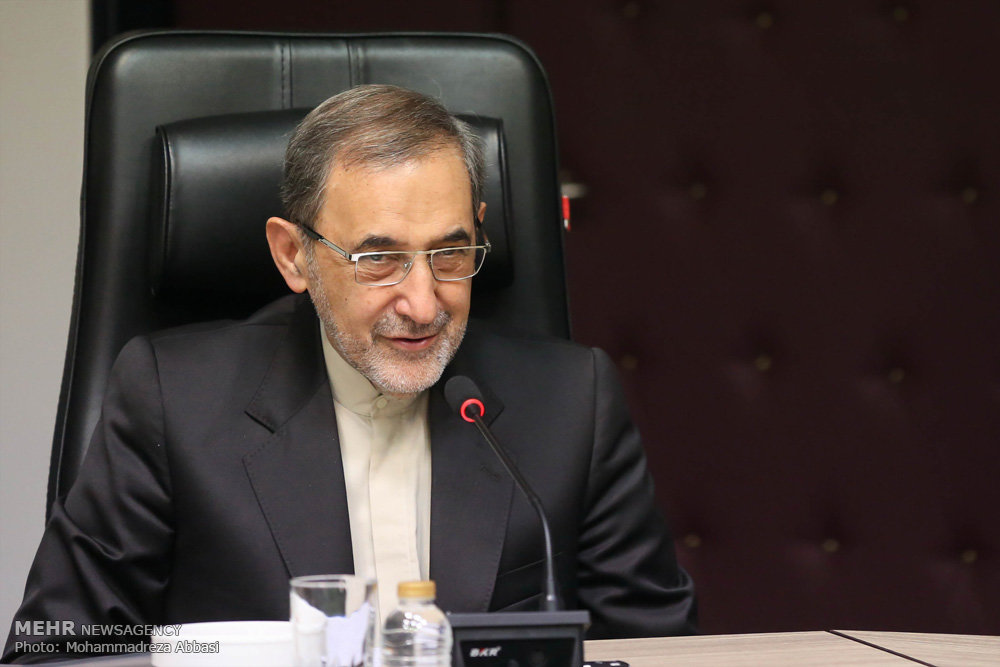Velayati: UN resolution exposed U.S. isolation

TEHRAN – Ali Akbar Velayati, a senior advisor to Leader of the Islamic Revolution, has hailed a recent UN resolution on al-Quds (Jerusalem), saying its approval demonstrated Washington’s isolation in the international community.
“At the United Nations Security Council, America failed to secure even a single ‘Yes’ vote,” in favor of changing Israel’s capital despite all advance warnings to its allies, said Ali Akbar Velayati in a press conference on Tuesday.
In a highly controversial policy shift, U.S. President Donald Trump announced on December 6 that Washington was recognizing al-Quds as the “capital” of Israel and was preparing to relocate its embassy from Tel Aviv to the occupied city.
The announcement triggered global condemnations and protests.
Left isolated at the UN Security Council, the U.S. was forced on December 18 to use its veto after Britain and all other members of the Security Council voted for a binding resolution condemning Trump’s move.
After the veto, a similar, but non-binding, resolution was put to vote at the General Assembly last week, which was overwhelmingly approved, with 128 in favor, 9 against and 35 abstentions.
This is while prior to the General Assembly vote, the U.S. had threatened that it would “take names of those who vote to reject Jerusalem recognition.”
Velayati further described the global support for the anti-U.S. measure as “unprecedented”. The Security Council’s vote “was even met with criticism from the Americans themselves concerning the decline of the United States’ influence at the UN,” he was quoted as saying by Press TV.
Velayati added, “Major European Union countries unanimously voted against the U.S. that gives rise to a question as to what caused the change in their views.”
The veteran politician said this change can be attributed to “the victories of the resistance front in Iraq, Syria and Yemen.”
The issue of Palestine is still of paramount importance to the Muslim world, he said, pointing out to attempts by “enemies and opponents” to sideline the issue.
“They portrayed the Islamic Republic, the main supporter of the resistance front, as the world’s main enemy. But the recent majority vote at the UN General Assembly reflected the awareness and cognizance of the global public opinion,” Velayati stated.
Meanwhile, Ismail Haniyeh, leader of the Palestinian resistance movement Hamas, said the U.S. role and it dominance over the world is on the decline.
Delivering an address in Gaza City, Hanyieh said Washington’s moves on al-Quds is “part of a plan aimed at eliminating the issue of Palestine.”
Trump’s decision, he added, took aim at “the heart of the Islamic society and will bring along many consequences.”
Remarks being made to normalize ties with Israel were actually meant to realize Trump’s decision, Haniyeh added, referring to whispers across the Arab world, most notably from Saudi Arabia, the United Arab Emirates and Bahrain, about openly establishing ties with Tel Aviv.
SP/PA
